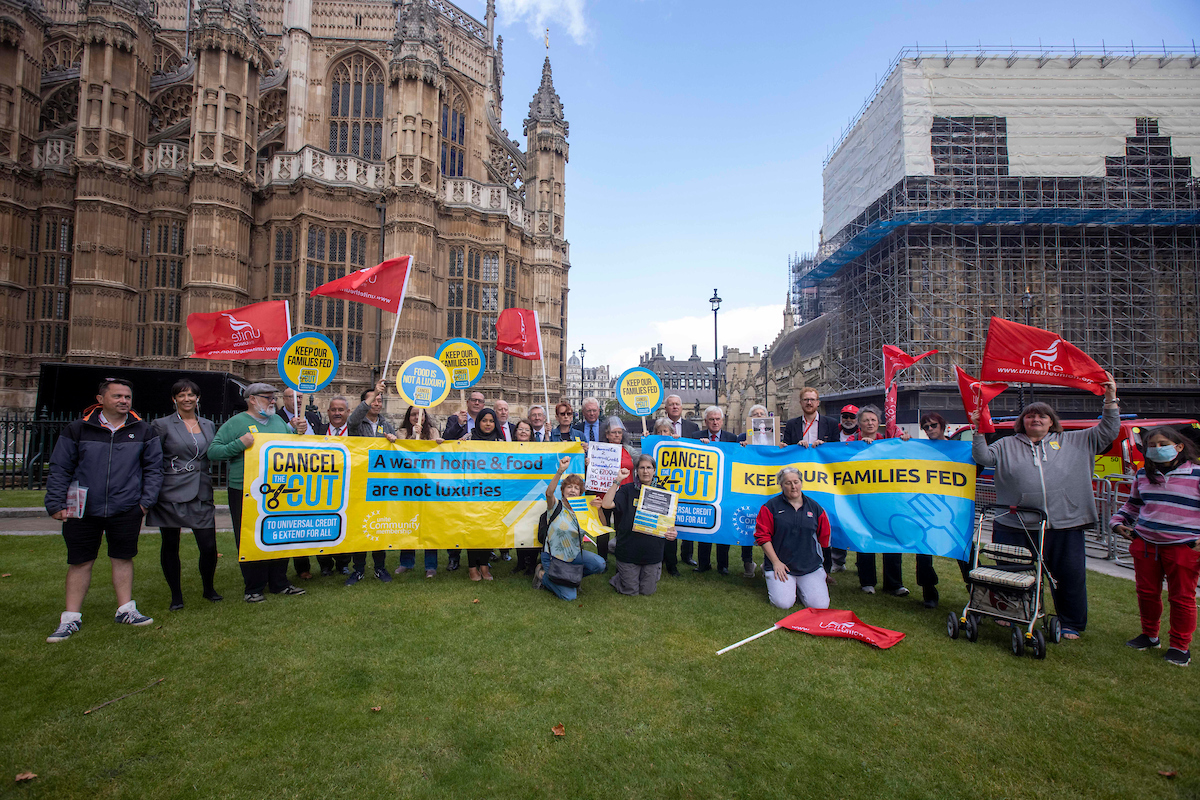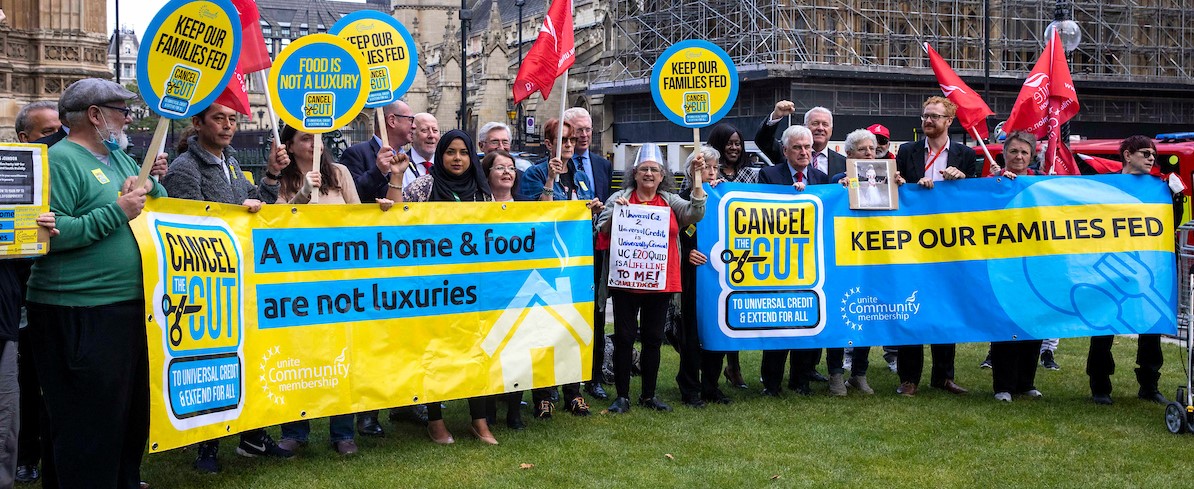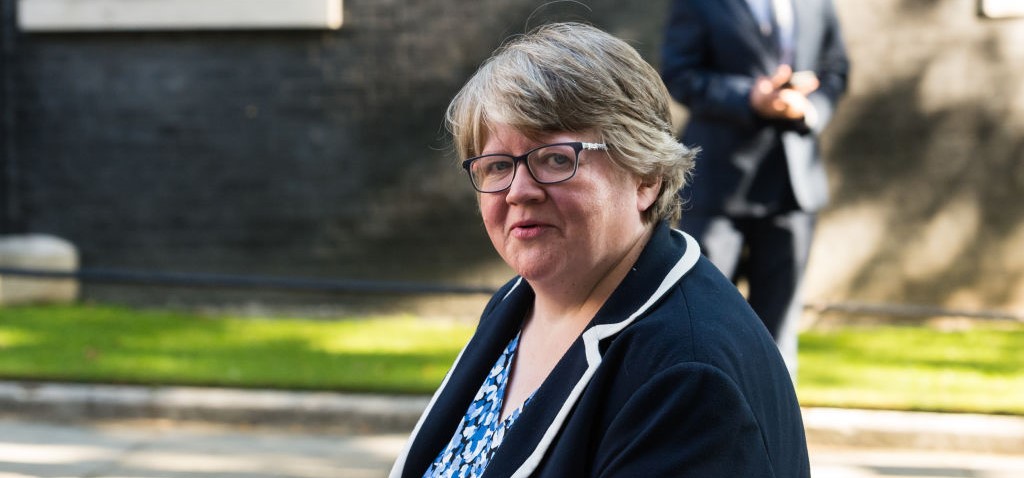Punished for working
One would be forgiven for thinking that Google’s recent tax deal with the HMRC, which held the tech giant liable for only £130m over the last decade, must be an anomaly.
Surely, the UK’s richest must shoulder the greatest tax burden in the UK, especially considering the present government’s pledge to â€make work pay’, to allow struggling families to keep more of the money they earn as they labour their way out of poverty.
But a new study published today (February 3) has found that it is the poorest, in fact, whose income is taxed at a higher rate – and this injustice is set to intensify as the government’s Universal Credit programme rolls out, replacing the previous in-work social security system.
The Equality Trust found that families currently receiving tax credits and paying Income Tax and National Insurance contributions lose an astounding 73p for every additional ÂŁ1 they earn, which could increase to 76p for every ÂŁ1 under Universal Credit.
By comparison, someone living in a household in the top 1 per cent loses only 47p for every additional ÂŁ1 they earn.
Universal Credit (UC), the government’s flagship programme which rolls six benefits into one, has been beset by technology failures which delayed its initial rollout by years. Now, UC is slowly being introduced throughout the country, but already research groups and ministers have strongly criticised the way it has been set up.
The Equality Trust also conducted a survey in conjunction with Ipsos MORI which examined the public’s beliefs about in-work support.
When asked how much of any additional ÂŁ1 earned a working parent receiving tax credits with a gross annual income of ÂŁ10,600 should get to keep, 83 per cent of adults aged 16-75 gave an answer greater than the 27 per cent of every ÂŁ1 they currently earn over that amount.
On average, the public believe this same working parent should keep three-quarters of the next ÂŁ1 they earn. But in reality, that worker would lose almost three-quarters of the next ÂŁ1 they earn.
A strong majority also believed that someone earning ÂŁ10,600 should get to keep a larger share of every additional ÂŁ1 they earn that those whose income is ÂŁ150,000 each year.
Along with the Equality Trust, the Institute for Fiscal Studies (IFS) has also said today (February 3) in a separate analysis that Universal Credit will leave many working families worse off.
More working households will be worse off than better off after UC is introduced – 2.1m families will suffer an average loss of £1600 every year.
For those not in work, the loss is even more dramatic – more than 1m households will be £2,300 worse off each year.
The majority of those who will see their incomes tumble under UC will be working single parents and two-earner couples.
Equality Trust director Duncan Exley noted that their report shows how UC “fails on its own terms, and leaves the poorest running up the down escalator, struggling to keep pace with others.”
“We can’t keep pretending that our taxes and benefits system is fair when the rich are given all the ladders and the poor all the snakes,” he added. “The system doesn’t help the â€aspirational’ hard-working families we often hear politicians talk about. If anything it’s an Aspiration Tax.”
Unite assistant general secretary Steve Turner agreed.
“These reports highlight the absurdity of our tax and benefit system,” he said. “The poorest, who are struggling to escape poverty by working as hard as they can, are actually being punished for their efforts, while the richest 1 per cent get to hoard an ever-increasing portion of their excessive wealth.
“This government bangs on about how it wants to â€make work pay’, but it is doing exactly the opposite,” Turner added. “And the Ipsos MORI survey shows that the vast majority of people are fundamentally opposed to a system that penalises working people who aspire to a better life for themselves and their families.”
“Subsidising the 1 per cent at the expense of the rest of us is the primary driver of rapidly growing inequality in the UK,” he went on to say. “While low-paid, insecure jobs become a more entrenched reality of our economy, it is up to the government to ensure equality of opportunity for all. And that starts with a well thought out social security system that supports and empowers people.”
 Like
Like Follow
Follow


